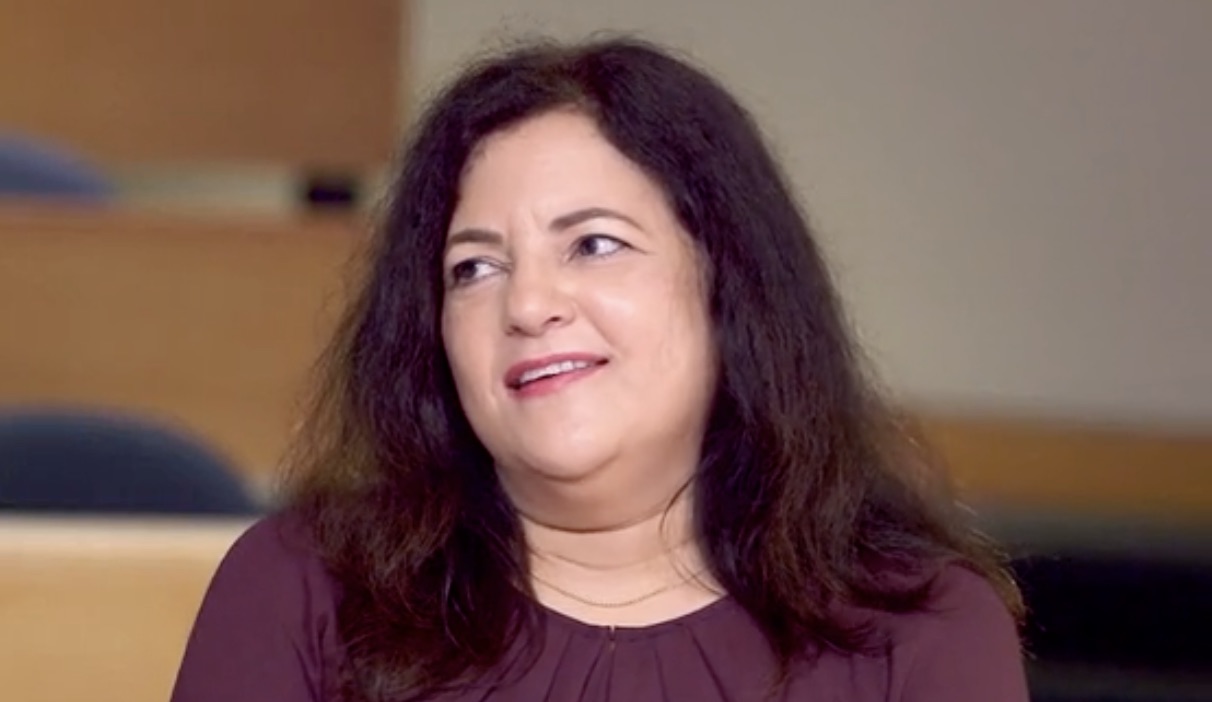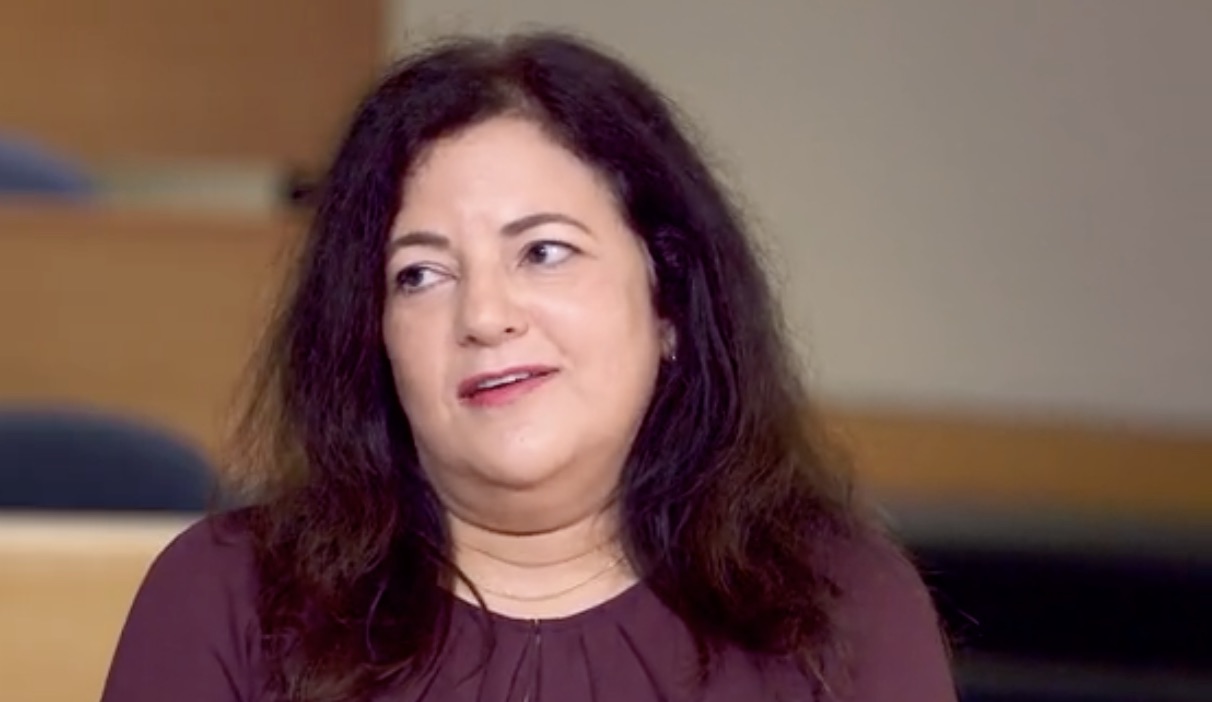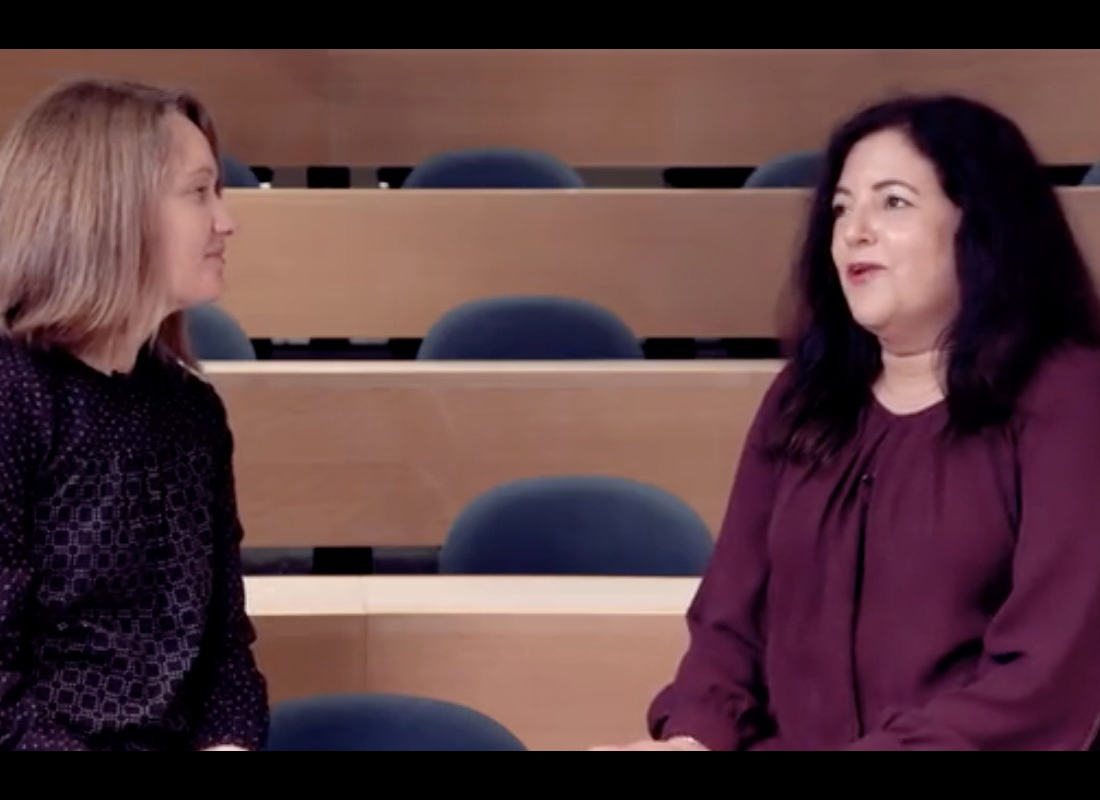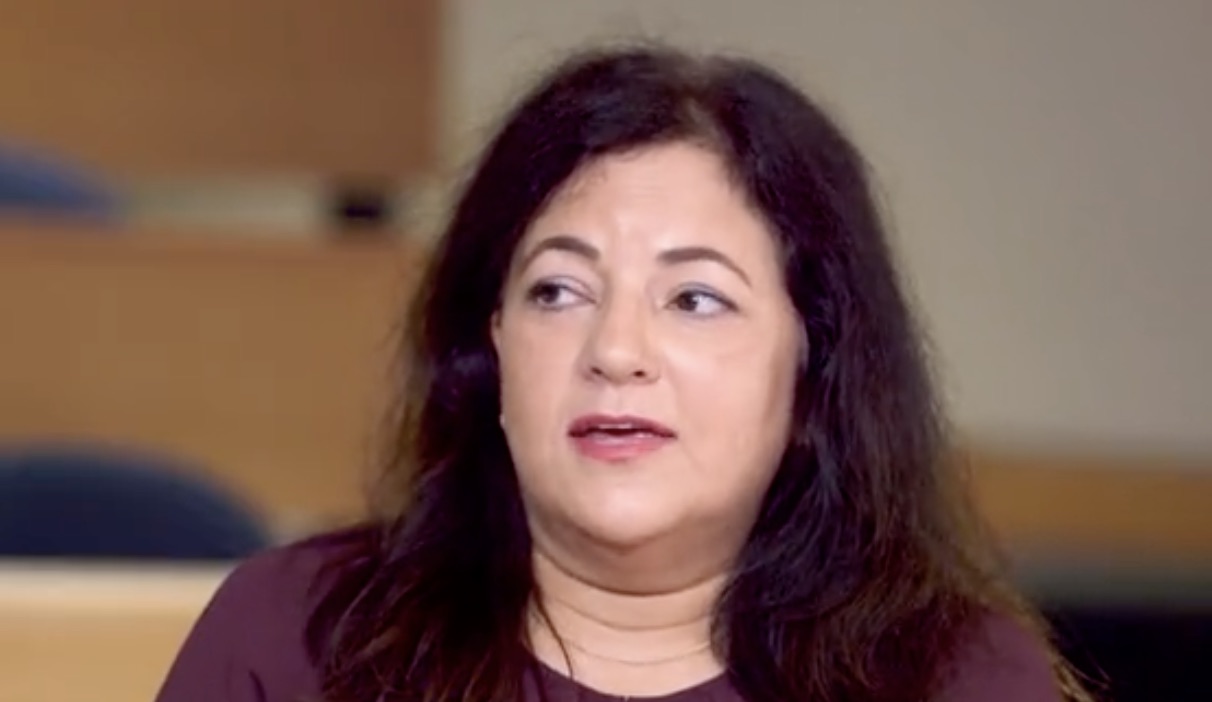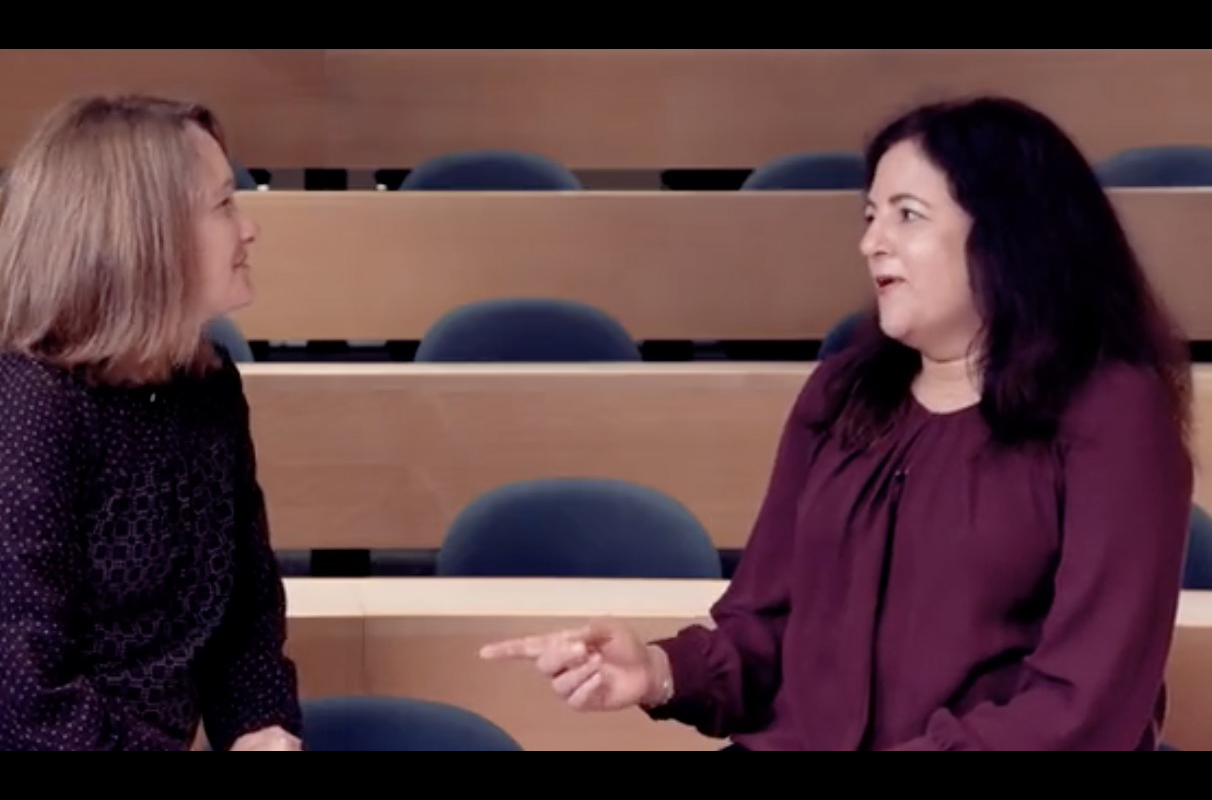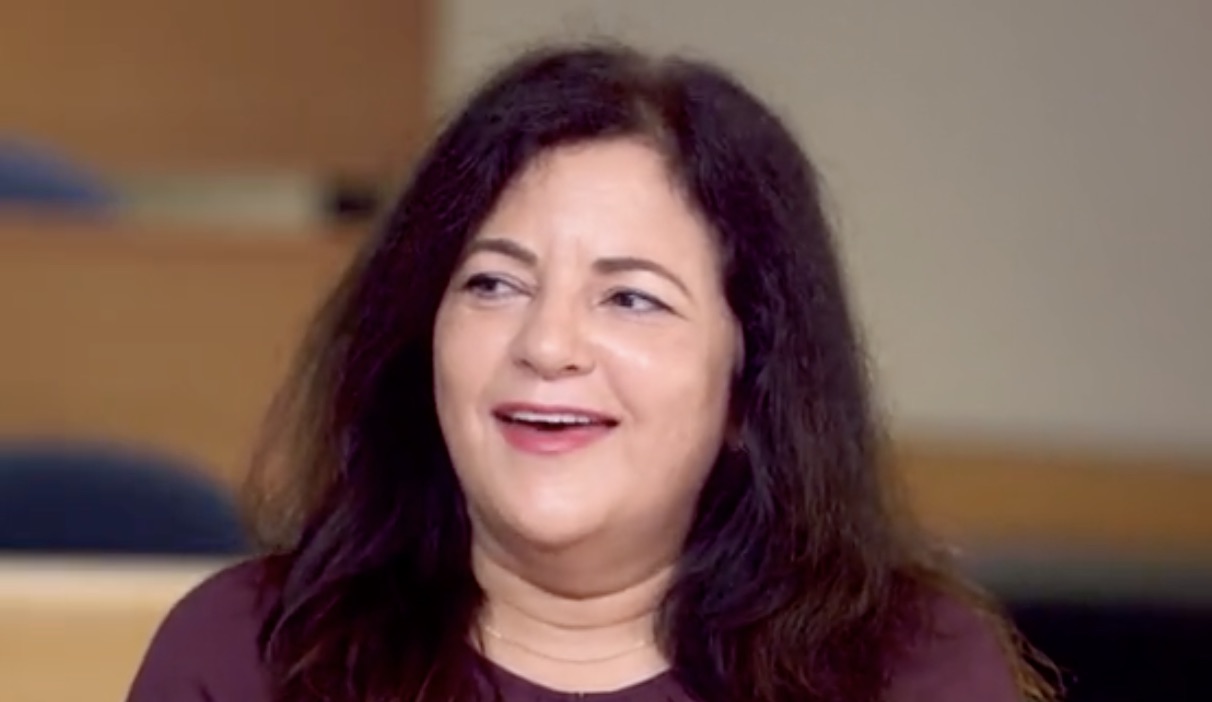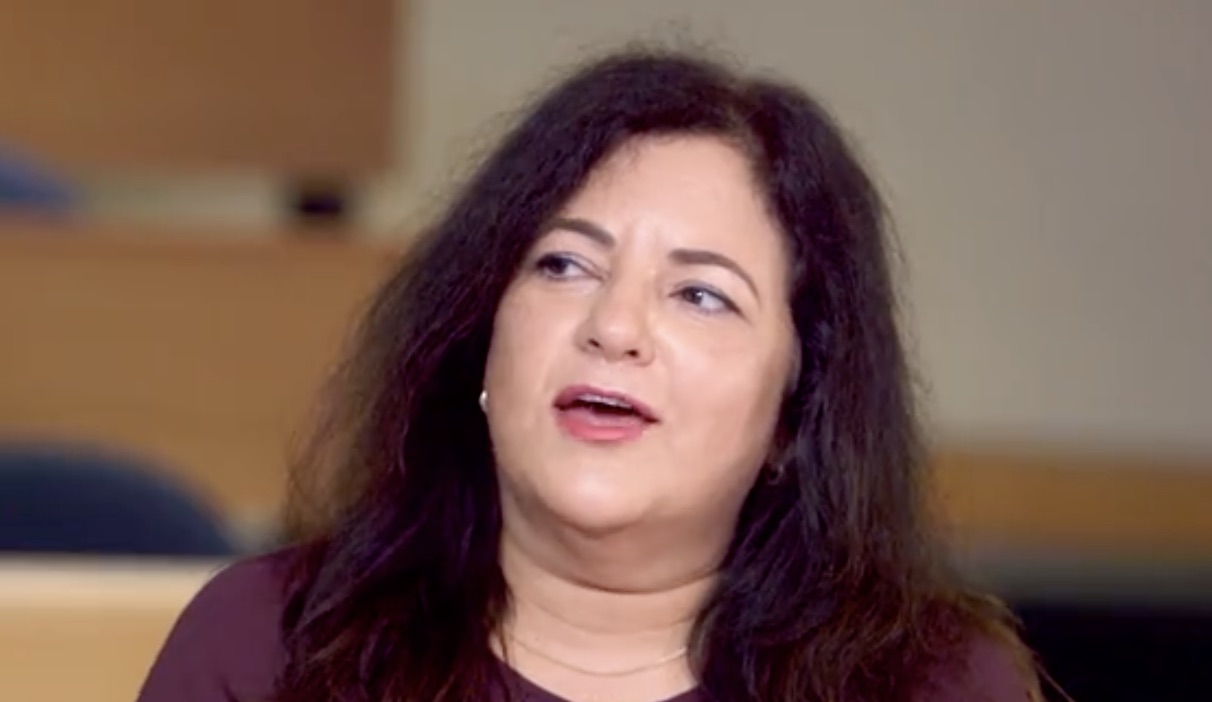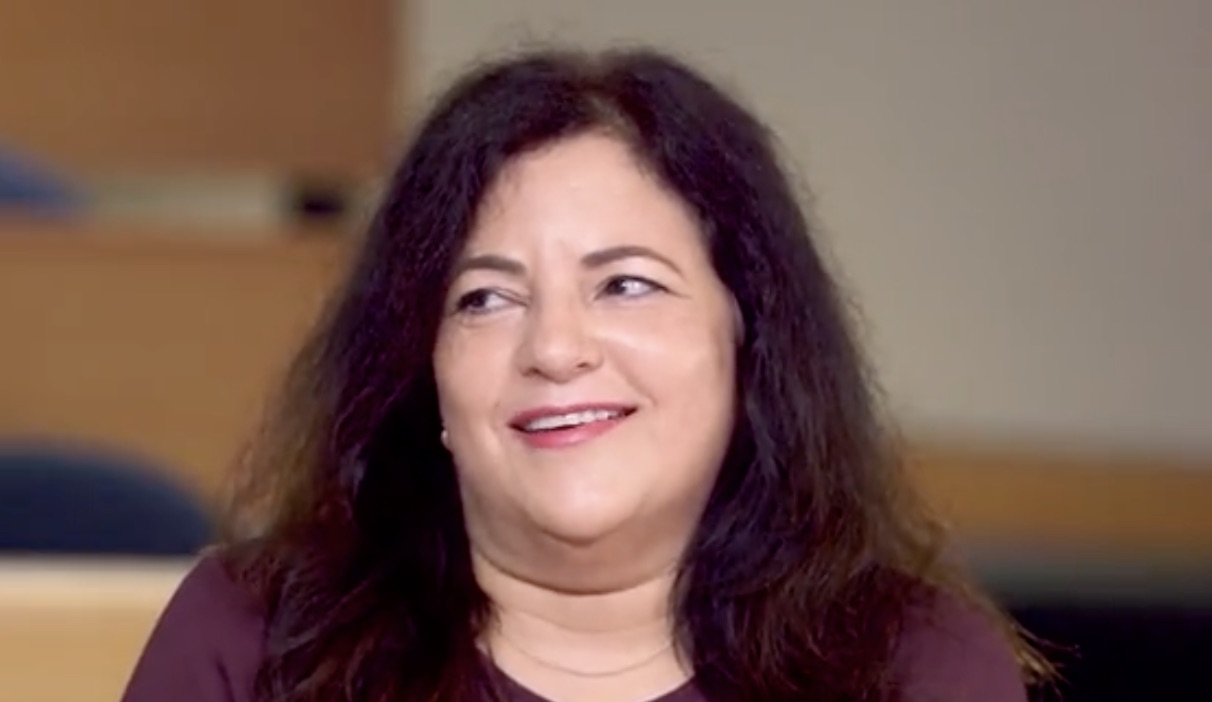Flash and JavaScript are required for this feature.
Download the video from Internet Archive.
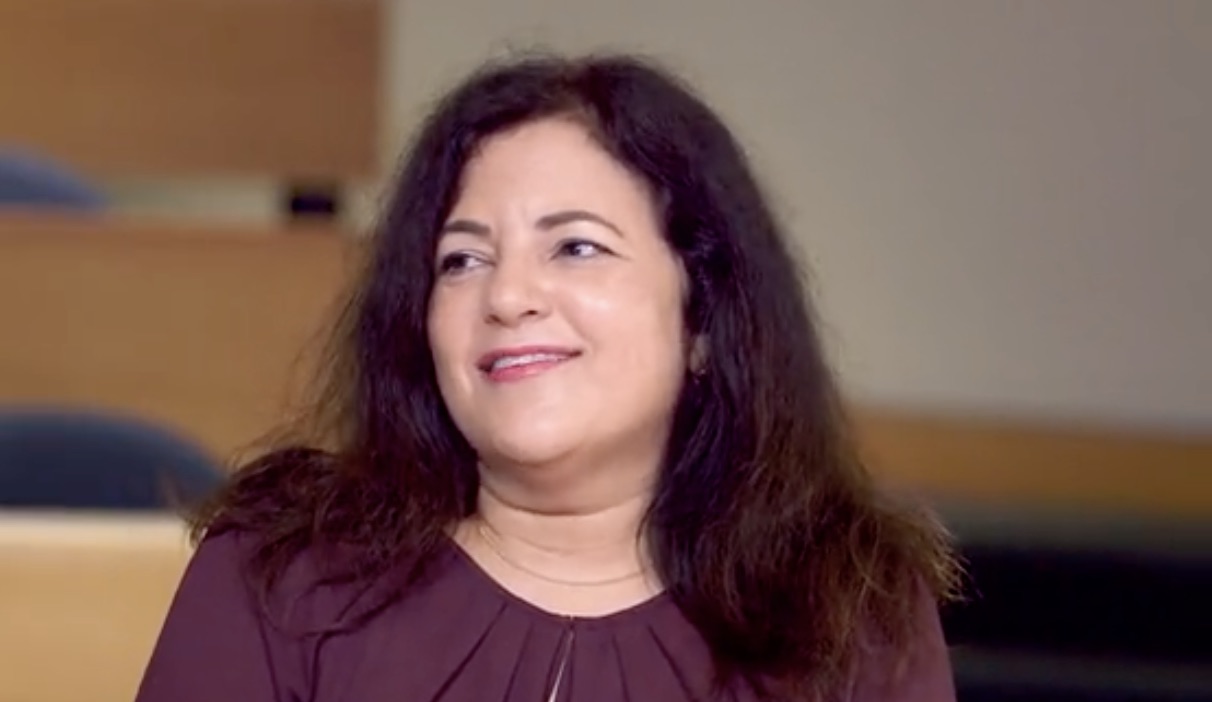
Words of Advice for Educato...
SARAH HANSEN: Do you have any words of advice to your colleagues out in the world who might want to try something similar?
ANJALI SASTRY: Teaching this way is incredibly rewarding and also really scary. You'll often be invited into domains where you don't have the expertise. And it's quite hard to predict how a given session or a conversation will go. It's not like running a case where you know the story and you know what you're going to say at each moment in class, or you at least got a sense of what that might look like because very often students will come in and say, I've totally changed my mind. And you have to deal with that.
So there's both the personal journey of learning that's less predictable and the domain part that's less predictable. But you, as the instructor, get to set some of those parameters. By, for instance, requiring a written update before a meeting, you can manage the conversation better. And by specifying the types of projects that you would really want to take on, you can also ensure that they're clustered in areas that are relevant to your own expertise.
For me, one of the challenges-- I have to tell you-- is branding. What do I call this? Is it something different than just doing a bunch of independent studies? I think it's a work in progress. So I think the first few times you try out something like this, it doesn't yet have a fully distinct identity. And then, as I hone it, I'm going to give it a clearer name. But I've been using terms that link to social impact, that link to technology, and that also frame-- perhaps because it's focusing on the students I'm teaching-- but the idea of thinking strategically, thinking as a leader, and really putting yourselves in the shoes of an entrepreneur or an executive.
So I want them to not simply make general arguments about what should happen, but to think about what they could do as a leader, an entrepreneur, an executive. So, yeah, come up with a great name. I'm still working on mine. All suggestions are welcome. I put in there terms like new executive thinking for social impact or technology for social impact. So we'll see how that plays out. Check back later.
SARAH HANSEN: Thank you so much.
ANJALI SASTRY: Sure. You're welcome.



